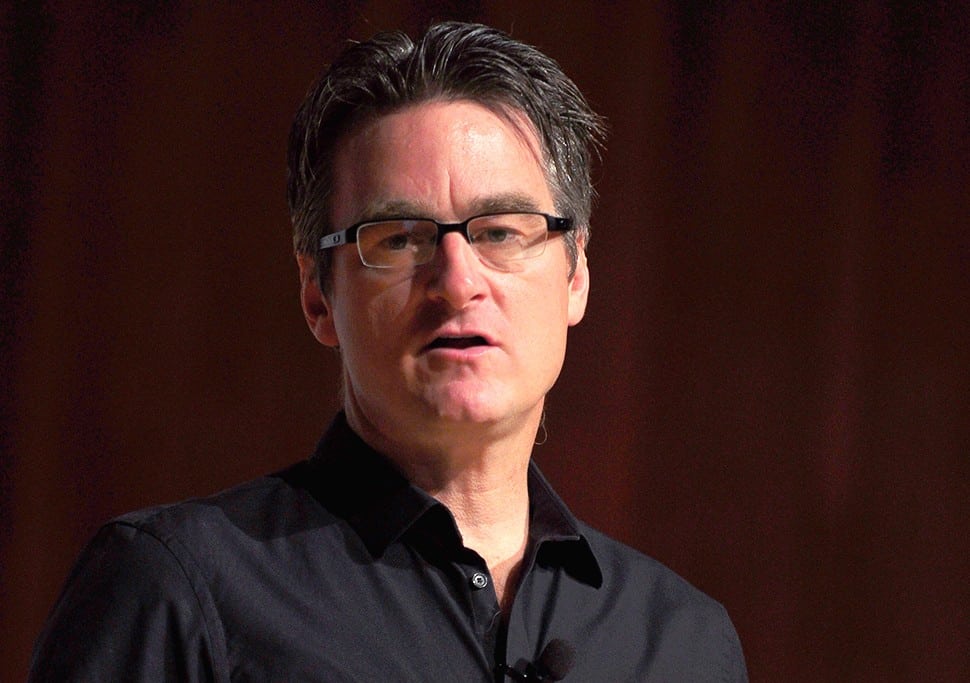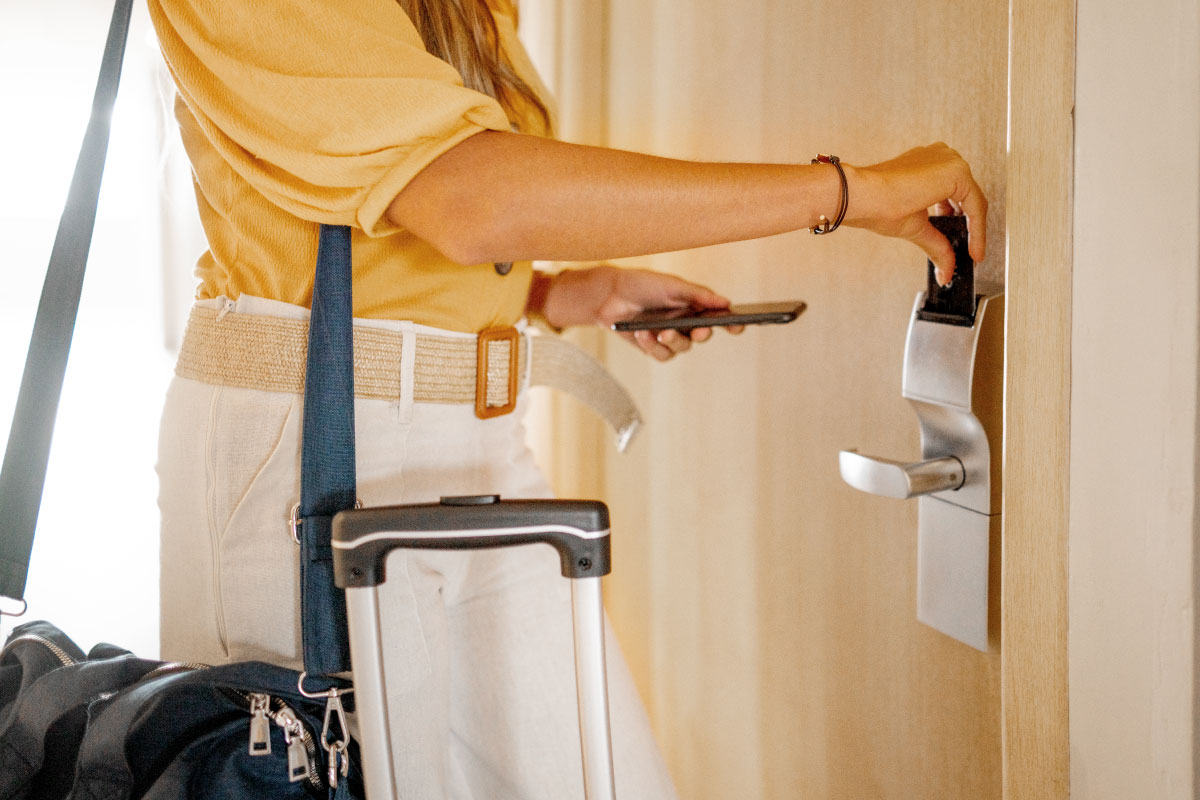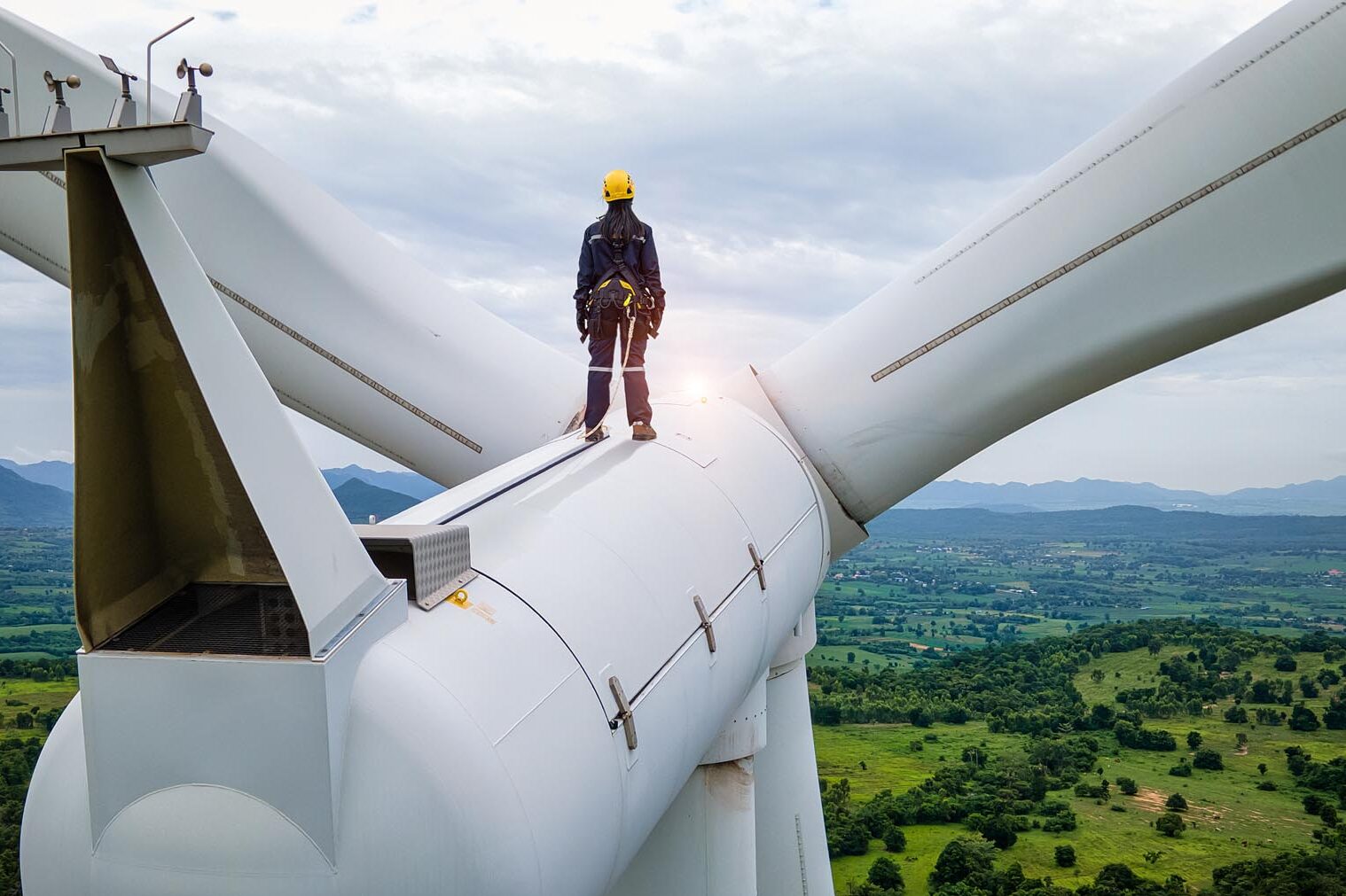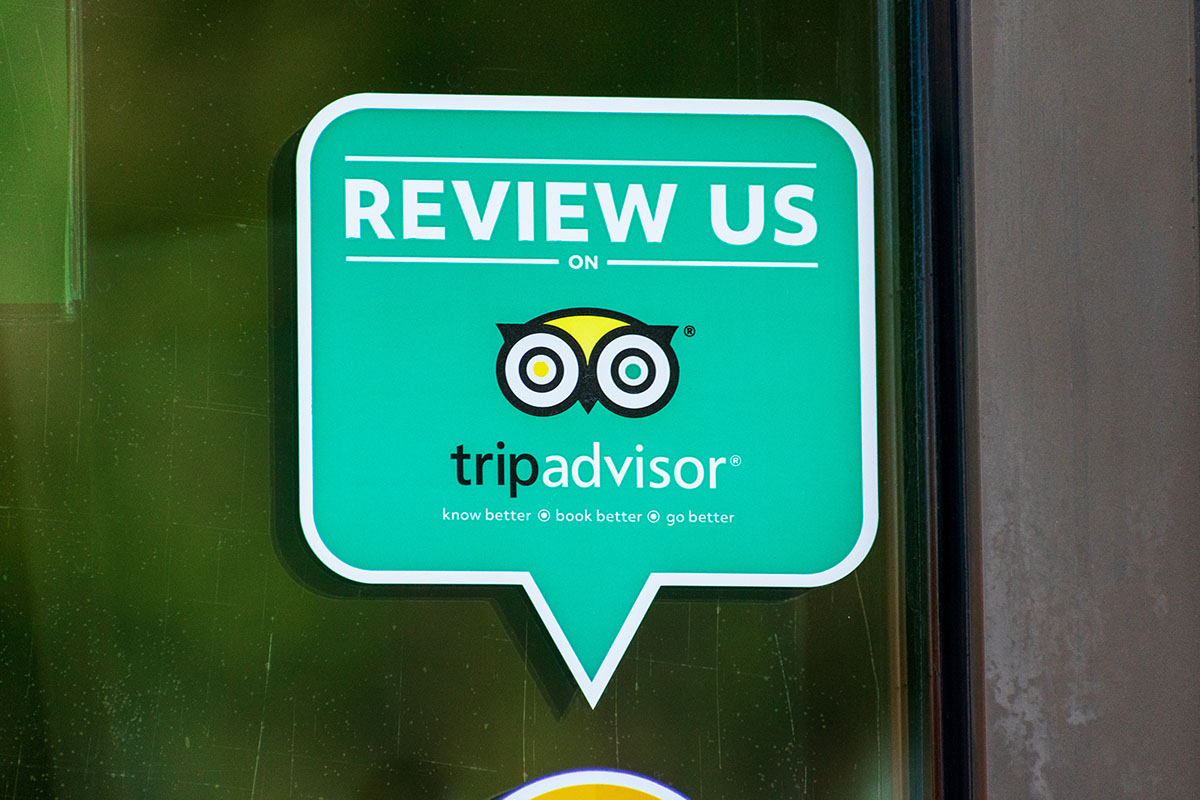CEO Interview: Paul English on Going Mobile-Only in Travel Booking

Skift Take
The inspiration behind Kayak co-founder Paul English’s newest project lies in the relationship between road warriors and the executive assistants who book travel for them.
Lola, which launched on the Apple App Store as an invite-only travel booking service, combines artificial intelligence with personalized service in a mobile environment.
While mobile-only booking tools have been attempted before, English’s experience as Kayak’s chief technology officer brings a technology-first approach to solving the pain points of booking complex trips on mobile.
English spoke with Skift about the emergence of mobile messaging in the travel space, how artificial intelligence can help superpower travel agents, and his obsession with Amazon Alexa’s voice recognition prowess.
Skift: How have the changing behaviors of how people use their smartphones led to your strategy behind Lola?
English: One, people don’t like making phone calls on their phone. They’re using it for messaging more minutes a day than they are using it for apps on their phone even. Messaging is bigger than apps. The fact that travel is half online and half offline, the question is if people don’t look at us to make phone calls, where’s all that traffic going to go? Some is going to go online, I think I lot is going to become messaging.

Paul English speaking in 2011. rfong/Flickr
The second thing is just the whole service on demand where you press a button, a car shows up, deliver me liquor, deliver groceries, pick up my dry cleaning, plan my travel so we look at that as a natural extension.
We did an experiment a couple weeks ago where we messaged our thousand beta users to offer to call them to finish a trip. Only one customer took us up on it.
Skift: What kind of customers are you looking to attract with Lola? Luxury travelers, frequent business travelers, or another group altogether?
English: Think of it like Uber’s strategy, where it offered Uber Black at first. Uber’s first customers were people used to taking black cars, and then they went mass-market and launched Uber X.
It’s not so much dollar transaction volume for Lola. Clearly, if people buy nice hotels it’s good for us, but what’s more interesting to us is travelers who travel a lot, even if they stay in moderate hotels instead of expensive hotels.
The reason we care about that is the more often you travel, the better the system is going to work for you. The first time you use Lola it’s going to be great because it’s a conversation. We’re not making you think like a computer; it’s conversational. The second, third, fourth time you use Lola, it gets better and better.
Skift: In the lead up to Lola’s launch, you’ve talked a lot about the importance of natural language processing. How do you think voice recognition can change how people book travel?
English: I realized that all the software I’ve been designing and leading design teams for the last 20 years, I used to talk a lot about redesigns. When I was at Intuit, I used to say, “We design software for the way people think, not the way programmers think.”
I’m obsessed with Amazon Alexa. I think it’s the most impressive consumer electronics device in the last couple of years. I can talk about it for hours. The thing that’s amazing about it is the first time voice input actually works, it works better than Siri, it works better than Google Voice, and it reminds me that talking to a machine, if the machine is smart and acts like an executive assistant, it’s more natural than the idea of going to a website going through flights and hotel, and then you have to fill in this form: what city, what city, what date, what date, what time, what time.
It’s incredible that we actually operate that way. It’s like the machine is the master and we have to battle the master. With voice and natural language, it flips it on its head.
Skift: How exactly is Lola’s technology going to empower your travel consultants? Can you really provide great service without super knowledgable travel agents?
English: I want to make sure that our travel consultants are sort of super powered and can do things that travel agents couldn’t do before in terms of how the tech works. At very high level, the console only shows you two things. On the left side is the iPhone screen of the end user. If Robert’s the traveler and you’re the agent, you can see exactly what’s on his phone when he’s on Lola. The right side is AI, instead of a GDS green screen showing you 300 flight options. God help you with the hieroglyphic incantations you have to do to.
We don’t use GDS. Right now we use Sabre and Amadeus both on the back end, but we’re producing technology for travel agents that the GDS will have the content, they can process the booking, but that won’t be the UI that a travel agent will use. The UI the travel agent will use is going to be AI and mobile integration.
In travel, for me, you look at the road warrior like VP of sales at mid-sized companies that are on the road constantly, particularly end of quarter. What is their UI?
Their UI is called an executive assistant, and they basically say, “Robert, I need to be at Sears in Chicago on Thursday morning. I need to visit Orbitz in the afternoon. I need to visit Expedia the next day,” and magic just happens because that person has been trained with all your preferences, they know where you have miles and they just make magic happen.
What we want to do with AI is if we learn a lot about your preferences and we study every trip you’ve ever done in the past – I can tell you more about that in a minute – we can instead of showing you 300 choices or 1,000 choices, we think we can show you three choices, kind of good, better, best.
Skift: Also, using humans instead of the GDSs means you can book clients in Airbnbs or other alternative accommodations, right?
English: We want to make sure we get every accommodation in the world. At my last company I had a project called EHOE, which is Every Hotel on Earth. At this company we have a project called LOCA. Loca means crazy.
We have this LOCA database that the goal is to have every accommodation we possibly can including accommodations you can’t book like on Expedia. Most notably, we can do Airbnb. You can’t buy Airbnb at Expedia, you can buy Airbnb on Lola because we work the way a best executive assistant you can imagine would work. If you have a killer executive assistant, they can book you on Southwest, we can book you on Southwest. Anything they could book for you, we could book for you and that’s because we’re humans.




